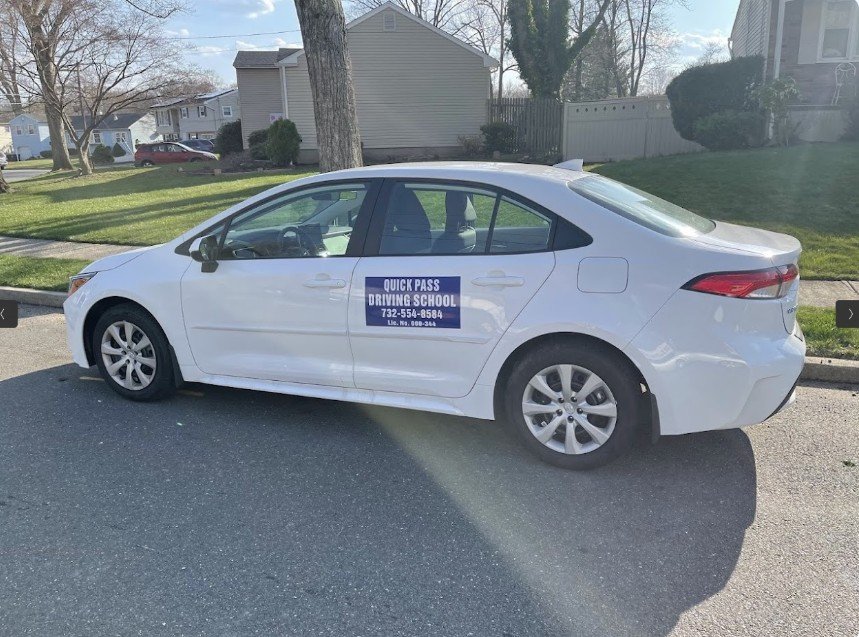
Driving Lesson: The First Step Toward Road Confidence
Taking a driving lesson is more than just learning how to operate a vehicle—it’s the beginning of a journey toward independence, responsibility, and personal growth. For many, the first time behind the wheel is a mix of excitement and nervousness. That’s why the quality of instruction during those early lessons plays a crucial role in shaping a person’s driving habits and overall confidence on the road.
The Importance of a Structured Driving Lesson
A well-structured driving lesson provides the foundation for safe and responsible driving. It’s not just about learning how to steer, brake, or accelerate. It’s about understanding the rules of the road, developing awareness of surroundings, and learning how to make quick, informed decisions. A good driving lesson introduces these elements gradually, allowing the student to build skills step by step.
Instructors often begin with basic maneuvers in low-traffic areas, helping students get comfortable with the vehicle. As the learner gains confidence, lessons progress to more complex scenarios like navigating intersections, changing lanes, and merging onto highways. This gradual approach ensures that students are not overwhelmed and can absorb each skill thoroughly before moving on.
Choosing the Right Instructor for Your Driving Lesson
The effectiveness of a driving lesson depends heavily on the instructor. A patient, experienced instructor can make a world of difference in how a student learns. They understand that every learner is different—some may pick up skills quickly, while others need more time and reassurance. The best instructors tailor their teaching style to match the student’s pace and comfort level.
Communication is key. A good instructor explains concepts clearly, gives constructive feedback, and creates a supportive environment where students feel safe to ask questions and make mistakes. This kind of guidance helps learners stay calm and focused, even when faced with challenging situations on the road.
What to Expect During Your First Driving Lesson
The first driving lesson is often a mix of theory and practice. Students may start by reviewing basic controls of the car—such as mirrors, pedals, and gear shifts—before heading out onto the road. Instructors typically choose quiet streets or parking lots for the initial session, allowing students to practice starting, stopping, turning, and parking without the pressure of heavy traffic.
As the lesson progresses, students begin to learn about road signs, right-of-way rules, and how to interact with other drivers. These early experiences are crucial for building the confidence needed to handle more advanced driving situations later on.
Building Skills Over Time
Driving is a skill that improves with practice. Each lesson builds on the previous one, introducing new challenges and reinforcing existing knowledge. Students learn how to anticipate the actions of other drivers, adjust to different road conditions, and respond to unexpected events. Over time, these lessons help develop the instincts and judgment required for safe driving.
Consistency is important. Regular lessons allow students to maintain momentum and retain what they’ve learned. Gaps between sessions can lead to forgotten skills and reduced confidence. That’s why many instructors recommend a steady schedule of lessons, especially in the early stages of learning.
Preparing for the Road Test
One of the main goals of driving lessons is to prepare students for the road test. This exam assesses a learner’s ability to drive safely and follow traffic laws. Instructors often conduct mock tests to simulate the experience, helping students understand what to expect and identify areas that need improvement.
During these practice tests, students learn how to perform required maneuvers like parallel parking, three-point turns, and lane changes. They also receive feedback on their driving habits, such as checking mirrors, signaling properly, and maintaining safe following distances. This preparation not only increases the chances of passing the test but also builds the confidence needed to drive independently.
The lessons learned during driving instruction have a lasting impact. They shape how individuals approach driving for years to come. Good habits formed early—like staying focused, obeying speed limits, and being courteous to other drivers—can prevent accidents and make the roads safer for everyone.
Driving lessons also teach responsibility. Students learn that driving is a privilege that comes with serious obligations. They understand the importance of staying alert, avoiding distractions, and respecting the rules of the road. These values often carry over into other areas of life, promoting discipline and awareness.
Conclusion: More Than Just a Skill
A driving lesson is more than just a step toward getting a license—it’s a transformative experience that builds confidence, responsibility, and independence. With the right instructor and a structured approach, learners can develop the skills they need to navigate the road safely and confidently.
Whether you’re a teenager eager to start driving or an adult returning to the road after a break, investing in quality driving lessons is one of the smartest decisions you can make. It’s not just about passing a test—it’s about becoming a driver who contributes to safer roads and a more respectful driving culture.

